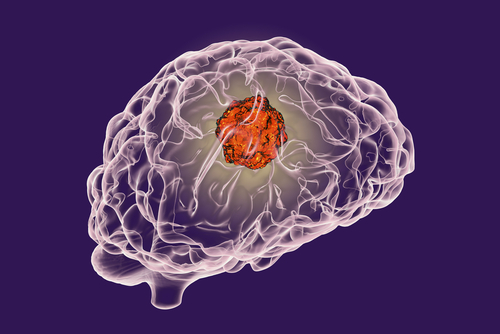Childhood brain cancer treatment to get gentler
IANS Sep 18, 2017
Children with the most common type of brain cancer could soon have gentler treatment options, thanks to the discovery that the condition can be divided into seven separate sub-groups each needing a different treatment.

According to a paper presented at British charity Children with Cancer UK's Scientific Conference in Newcastle on Monday, the discovery could pave the way for more precise, "kinder" treatments for childhood medulloblastoma, the BBC reported.It is anticipated that this discovery, reported in the journal Lancet Oncology, will help personalise treatment so that young patients get the best care possible, tailored to the specific biology of their cancer.Gentler therapies could be used for children with a good prognosis, while reserving the most intense treatments for those with high-risk tumours, as well as developing new treatments.
"Medulloblastoma is the most common type of malignant paediatric brain tumour and it is a devastating condition that causes approximately 10 per cent of all childhood cancer deaths," said lead researcher Steve Clifford, Professor at Newcastle University."Our research has provided critical new insights into the cancer's molecular basis and it is a significant step forwards in enhancing our understanding of this life-threatening disease," Clifford said. "This new discovery allows us to undertake studies to see how we could use these insights in diagnosis and to personalise treatments according to the biological features of each patient's tumour," Clifford added.
Children with medulloblastoma are currently given a combination of surgery, chemotherapy and radiotherapy, but this course of action has numerous debilitating side effects, such as lower IQ and social problems.The study looked at tumour samples from more than 700 children with medulloblastoma, together with clinical and disease details.Analysis of each tumour assessed its genetic characteristics and identified unique biomarkers which the experts then compared with clinical information, allowing them to establish that each subgroup has distinct clinical features and survival rates."Excitingly, these new subtypes are characterised by better survival rates for some children but sadly also worse outcomes for some," said the study's first author Ed Schwalbe from Northumbria University, Newcastle.
-
Exclusive Write-ups & Webinars by KOLs
-
Daily Quiz by specialty
-
Paid Market Research Surveys
-
Case discussions, News & Journals' summaries